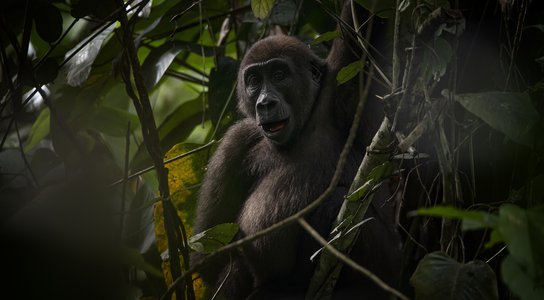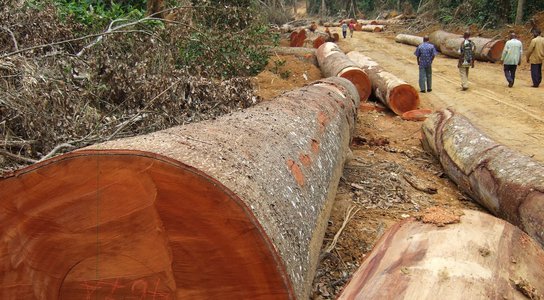Companies including Apple, Tesla and Intel are relying on a supply chain due diligence scheme that is used to launder conflict minerals from the Democratic Republic of Congo (DRC), new evidence suggests.
Many companies use the ITSCI scheme to responsibly source tin, tantalum and tungsten (“3T” metals) from the African Great Lakes region. But we have uncovered compelling evidence that ITSCI may enable the laundering of minerals from mines controlled by militia or where children work, as well as minerals that have been trafficked or smuggled.
In one mining area, the investigation found that up to 90% of minerals introduced into the scheme in Q1 2021 did not come from mines validated for meeting security and human rights standards. A significant portion of these minerals were linked to conflict and human rights abuses. We have documented similar contamination problems at another 10 locations, suggesting that ITSCI’s failures are systemic.
“The scheme many global companies rely on to stop conflict minerals from entering their supply chains is failing spectacularly, our findings suggest,” said Alex Kopp of Global Witness.
Our new report documents how ITSCI apparently has downplayed and ignored these issues. ITSCI is run by two powerful tin and tantalum associations, International Tin Association, ITA and Tantalum-Niobium International Study Center, TIC, representing many of the major buyers of 3T minerals from the region, suggesting a troubling conflict of interest at the heart of the scheme.
The investigation finds that ITSCI has likely contributed to serious instability in one mining area by competing with a rival due diligence scheme, thereby stoking tensions between artisanal miners and a mining company which resulted in deadly violence.
The evidence also suggests that Swiss businessman Chris Huber, who is under criminal investigation for war crimes in DRC, used the ITSCI scheme to launder smuggled minerals through at least three companies based in Rwanda. Companies linked to him and his business partner, former TIC president John Crawley, also seem to profit from hundreds of tonnes of trafficked coltan, which are likely laundered through ITSCI in Rubaya area in the DRC.
“A due diligence scheme is doomed to fail when powerful vested interests are calling the shots,” said Alex Kopp. “As long as ITSCI is overseen by those who stand to gain from access to tin, tantalum or tungsten, it will continue to fail. Smelters, downstream companies and other industry programmes shouldn’t rely on ITSCI. Instead, companies need to properly check their supply chains and take action, and governments need to hold them accountable.”
As well as action from companies, the report calls for better legislation and enforcement from key jurisdictions along the supply chain. It urges the US to overhaul and enforce its due diligence legislation (section 1502 of Dodd-Frank Act), and calls on the EU and its member countries to close loopholes in its conflict minerals regulation and put in place stringent corporate due diligence legislation.
In response to questions from Global Witness, ITSCI denied any high levels of contamination and contamination with minerals linked to armed conflict and child labour of its supply chains; denied having contributed to the outbreak of violence in Rubaya area; and denied any conflict of interest. Chris Huber denied any ties to companies involved in alleged smuggling. John Crawley denied any connection to the companies buying trafficked minerals from Rubaya area. International companies that use 3T minerals from the region including Apple and Intel reiterated their commitment to responsible sourcing.


